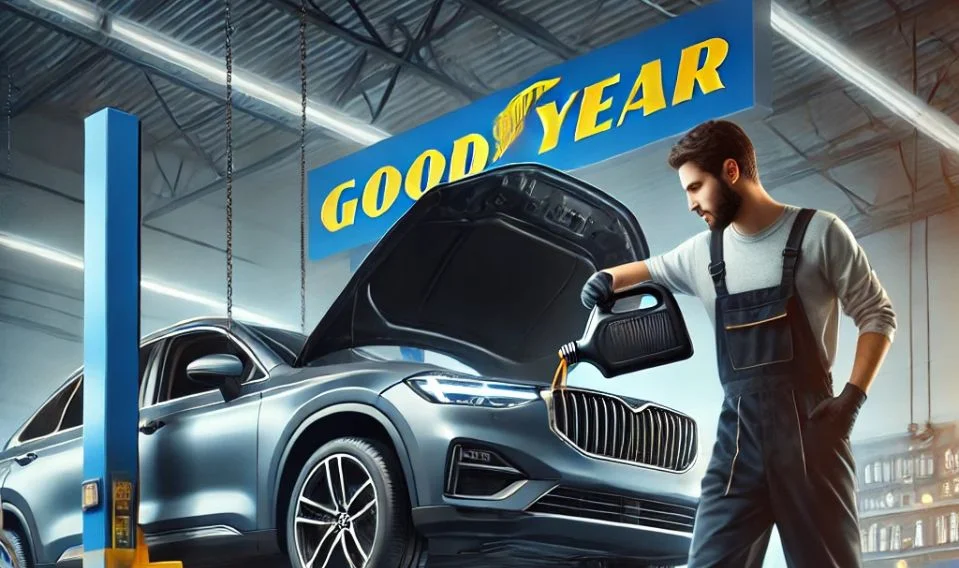Whether it’s a nudge in a car park or a more serious crash on the road, many of us will hear the squeal of brakes and the crunch of a bumper at some point in our lives. Thankfully, most car accidents involve no more than some scuffed metal and a bruised ego or two, but they do make for a stressful experience. Being prepared can help you avoid panic and get the best result from a difficult situation.
Based on An Post Insurance’s many years of experience working with Irish motorists, they’ve put together a handy checklist to keep in mind should the worst happen when you’re behind the wheel.
First things first
If somebody is injured, call the emergency services right away. If not, you’ll still need to contact An Garda Síochána, as they need to be informed as soon as possible after an accident, and definitely within 24 hours if the crash injures a person or animal or if your car is stolen or damaged. Apart from the legal requirement to contact the Gardai, they’ve also seen plenty of accidents before and will be able to help guide you through the process.
Keep your cool
It’s easy to get flustered and perhaps even angry in the event of an accident, but it’s important that you don’t get into a conversation about blame and don’t accept responsibility; you don’t want to make an off-the-cuff statement you might regret later. Try to stay calm and polite, even if it means counting to ten several times over!
Take notes
You’ll need to take the registration numbers and insurance policy numbers of all the cars involved (if the licence plate is damaged, you can find these on the tax disc and insurance disc on the windscreen). You should also get the name, mobile number, and address of the other driver, as well as any witnesses who might have seen the accident. It’s a good idea to keep a pen and paper in your car for this purpose; it can be difficult to type into a phone if you’ve had a shock. If you feel up to it, though, your mobile phone is a great resource for taking photos and video notes. Try to capture details of the car’s position on the road and close-up images of any damage caused.
Let the experts do their work
Your car insurance company is there to help in exactly this type of circumstance. The Claims department will liaise with the other parties involved, so you should send them all correspondence or information you receive relating to the accident and let them respond for you.
Don’t forget the cuppa
In Ireland, someone will usually offer you a cup of sugary tea after a minor accident. There may not be any medical proof of its powers, but that first sip of hot tea can feel pretty miraculous when you’re in need of a little comfort and calm.
One Direct (Ireland) Limited, trading as An Post Insurance, is regulated by the Central Bank of Ireland. One Direct (Ireland) Limited is a wholly owned subsidiary of An Post.
All the information on this blog is published in good faith and for general information purpose only. While An Post Insurance makes every effort to ensure that the information appearing on this blog is accurate and complete, it does not make any warranties about the completeness, reliability or accuracy of this information, whether express or implied, including but not limited to implied warranties of merchantability, fitness for a particular purpose or non-infringement. Any action you take based on the information you find on this blog is strictly at your own risk. Post Insurance will not be liable for any direct, indirect, or consequential losses and/or damages in connection with the use of or action taken in reliance on the information contained in our blog.
Through this website, you are able to link to other websites that are not under the control of An Post Insurance. We have no control over the nature, content, or availability of those sites, and if you click on links to these websites, you will be subject to the terms and conditions of those sites. The inclusion of any links does not necessarily imply a recommendation or endorse the views expressed within them.











